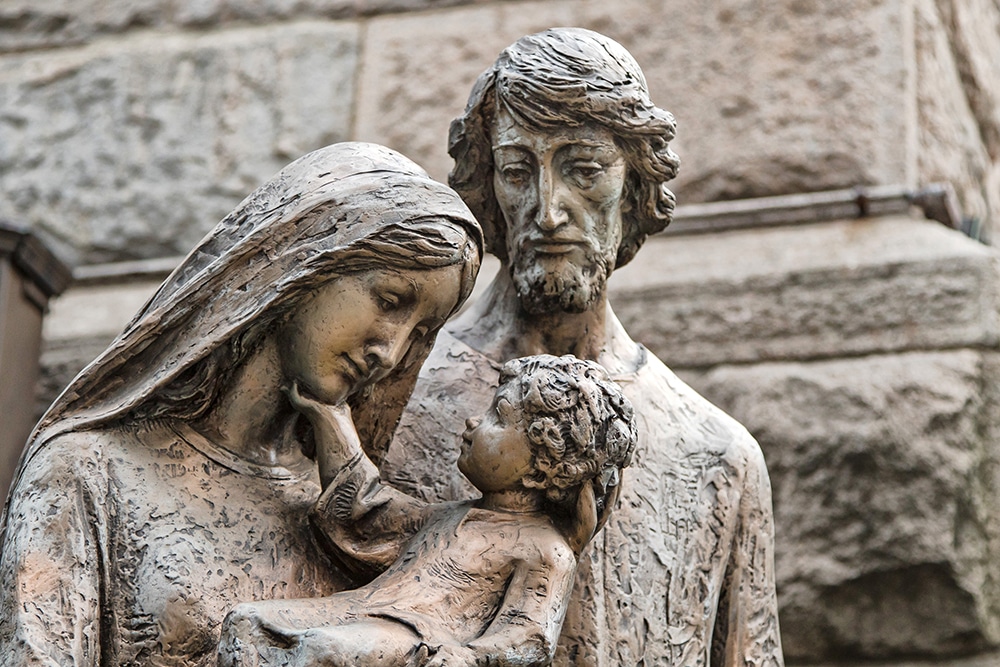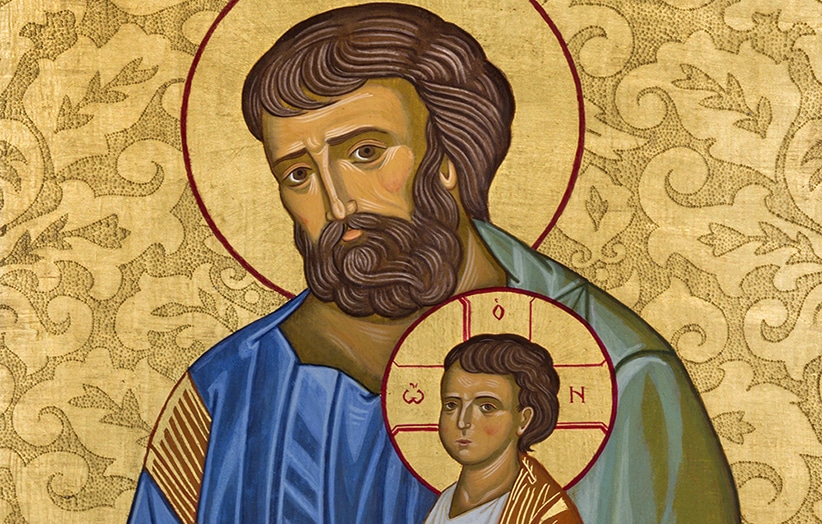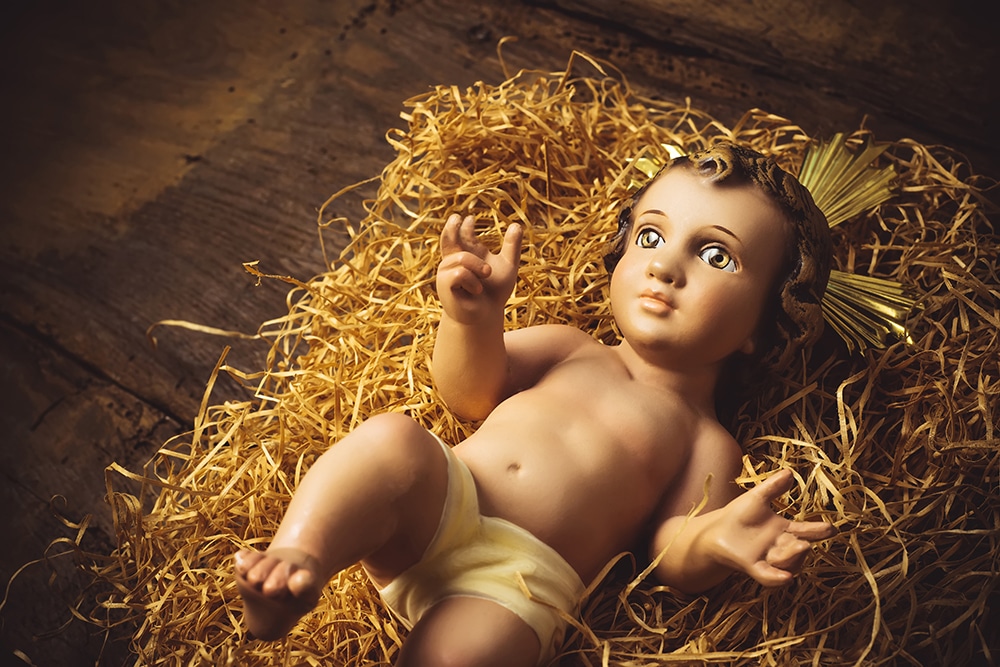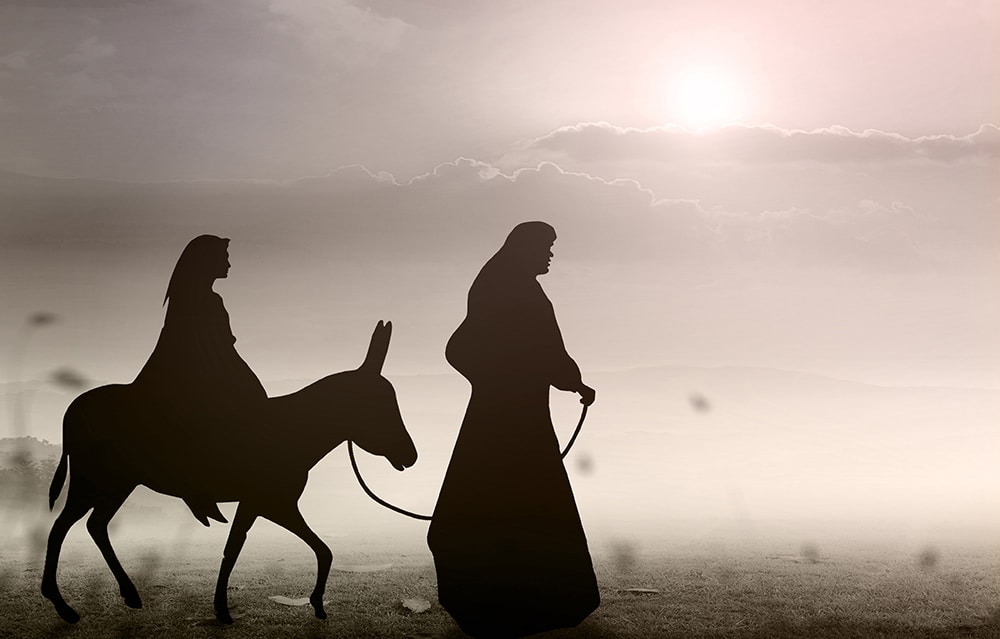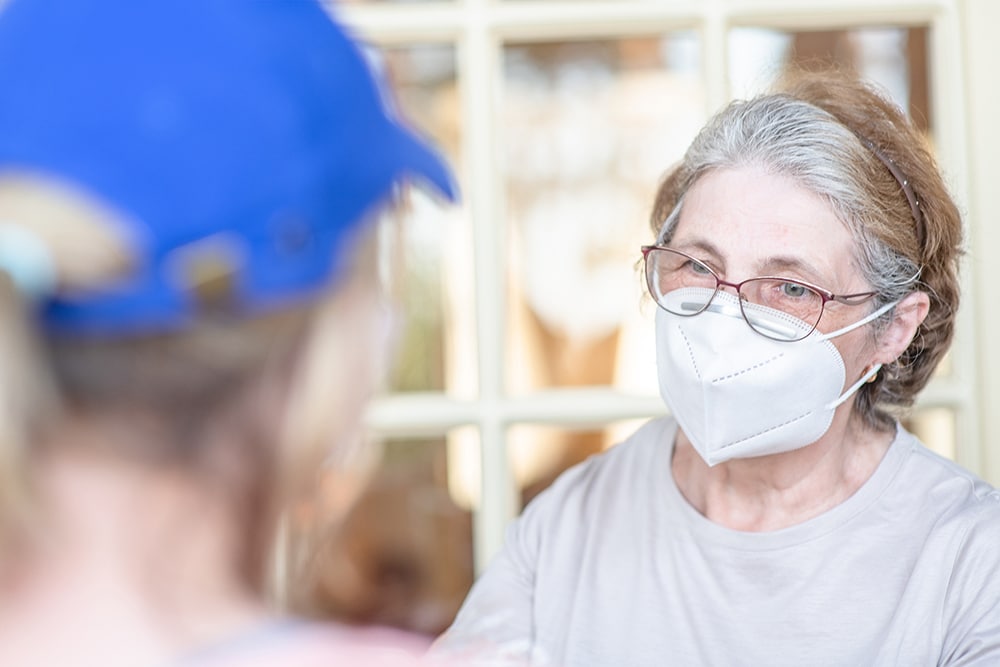 This is going to sound like false humility, but I promise you it isn’t: I’m not the smartest guy around, or the most educated. Working with brilliant people every day is a humbling reminder of this. But knowing my limitations has caused me to be resourceful, and so when I come across a gap in my knowledge (this happens multiple times a day), I do my best to build a bridge by reading about whatever it is that is puzzling me at that particular moment.
This is going to sound like false humility, but I promise you it isn’t: I’m not the smartest guy around, or the most educated. Working with brilliant people every day is a humbling reminder of this. But knowing my limitations has caused me to be resourceful, and so when I come across a gap in my knowledge (this happens multiple times a day), I do my best to build a bridge by reading about whatever it is that is puzzling me at that particular moment.
Recently, I was in the middle of work, with a deadline closing in fast, when my daughter interrupted and asked: “Hey, do you have a minute? It’ll only take a second. I just have a couple of quick questions to ask you for a class discussion we’re having.” I tried to hide my annoyance, but I knew I should at least humor her.
She’s a senior in high school, and her English class was reading one of my favorite memoirs — “The Glass Castle” by Jeanette Walls. If you haven’t read it, Walls writes about her fascinating upbringing in West Virginia coal country. Gripped by poverty, she was raised by an aloof mother who had little interest in the responsibilities of domestic life, and an alcoholic father who, when sober, inspired his children’s imagination and fostered a thirst for knowledge. But sobriety was rare, and Walls and her siblings not only were largely left to fend for themselves, but too often were forced to survive despite their parents’ almost unimaginable cruelty. This was the backdrop of my daughter’s “quick questions.”
And so she asked, “What do parents owe their children, and what do children owe their parents?”
Given that I really did only have a minute or two, I began to rattle off something quickly about parents having a duty to provide their children life’s basic necessities — food, shelter, clothing — but also to teach them love and to give them a sense of their place in God’s wider world. This was all off the top of my head, though, and the more I talked, the more I realized that these were interesting questions that deserve more than just me blathering on when my mind was elsewhere. I wanted to think about my answers.
What do parents owe their children, and what do children owe their parents?
As Catholic parents, there are times when our faith fades into the background a little — for example, when I’m helping a kid who struggles in math to solve linear equations, or teaching a new driver how to navigate a four-way stop. The wisdom of the Church and its saints is vast, but it has its limitations. With that said, I was fairly certain that the 2,000-year tradition of our faith could help to answer a philosophical question such as the one my 17-year-old asked.
My mind immediately went to the Holy Family, which, fittingly, we as a Church are preparing to celebrate the Sunday after Christmas. So to better answer the question, in my head, I decided to remove its abstract nature and rephrase it: “What did Joseph and Mary owe Jesus, and what did Jesus owe Joseph and Mary?”
The Church, as expected, provides some guidance. In Familiaris Consortio, Pope St. John Paul II’s 1981 exhortation on the role of the Christian family in the modern world, he writes that “acceptance, love, esteem, many-sided and united material, emotional, educational and spiritual concern for every child that comes into this world should always constitute a distinctive, essential characteristic of all Christians, in particular of the Christian family: thus children, while they are able to grow in wisdom and in stature, and in favor with God and man, offer their own precious contribution to building up the family community and even to the sanctification of their parents.”
That sums up well — and simply — what parents owe their children, and what children owe their parents: Each is called to work for the other’s sanctification.
The problem with finding the answer to a deep, thought-provoking question is that you can no longer claim ignorance; you are expected to act accordingly. And so with the Holy Family as my model, I will try. Even when a deadline looms.
Scott Warden is managing editor for Our Sunday Visitor.

